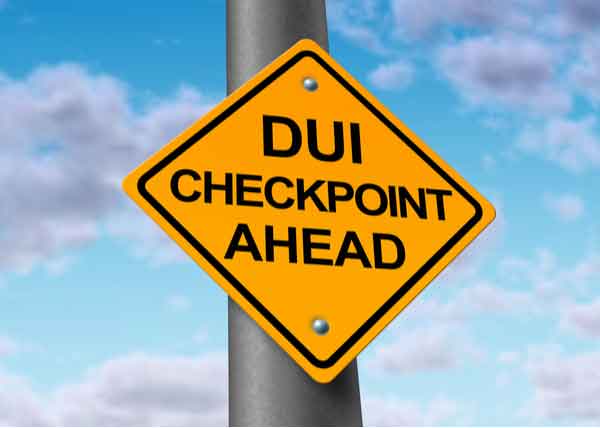A lot of people think that you can’t be arrested for DUI if the car is off when the cops stop you. DUI defense lawyers in Indiana don’t know where this idea comes from. The DUI laws in Indiana don’t indicate that the car has to be running at the time of your traffic stop.
You just have to be in control of the vehicle for them to charge you. Even if the keys are out of the ignition, that doesn’t mean you won’t be arrested. The cops in Indiana are super careful when it comes to public safety. The fact that you aren’t driving at the moment you’re pulled over means nothing.
This doesn’t mean that your DUI defense lawyer in Indiana won’t challenge your arrest. They will still try to poke holes in the State’s case. If the officers didn’t have reasonable suspicion to stop you, then your attorney can argue for the charges to be dropped. If the field sobriety test wasn’t administered properly, they can challenge your arrest. Nothing changes just because you were not driving at the time of the stop.
All you have to know is that your DUI defense lawyer in Indiana will do their best to get the charges against you dismissed or reduced.
If you would like to know more information about what amounts to a felony DUI, view this page.
The Car Doesn’t Have to Be Running for You to Be Charged with DUI in Indiana
Cops arrest people for DUI all the time even though their car wasn’t running at the time of the stop. If you’re sitting in the driver’s seat of a vehicle, there’s nothing stopping you from turning the key and driving off at any moment.
The same is true if you’re asleep. You could wake up and decide to drive home at any time. The cops want to make sure there aren’t people out on the road putting lives at risk. The courts and the legislature recognize this. That’s why the DUI laws in Indiana say nothing about the car being on at the time of your arrest.
All the State Must Show is that You Had Control of the Vehicle at the Time of the Stop
The State is still going to have to show that you were in control and dominion of the car when you were arrested for DUI. For example, if you’re sitting in the passenger seat and the driver is passed out behind the wheel, the officers can’t arrest you for DUI. You’re in no position to control or drive the vehicle. That doesn’t mean they can’t arrest the driver. They can and they probably will if they’re under the influence of drugs or alcohol.
What if You’re Just “Sleeping it Off?”
When the cops pull up alongside somebody who is sleeping in their car, they think one of two things. First, they may assume that you’re drunk or using drugs and have passed out. Or they may think that you’re simply overtired and are taking a rest. Neither of these situations are very comforting. You could wake up and take off at any time. The cops can’t allow this to happen if you are indeed under the influence of drugs or alcohol.
Years ago, when the cops saw a driver sleeping in their vehicle, they looked at it differently. When you think about it, the cops would rather you pull over and take a nap than drive while drunk. The problem is, there’s no guarantee that you’ll wait until you’re completely sober to wake up and drive the car. They need to take the public’s safety into account first and foremost.
The Prosecutor Doesn’t Have to Show Much to Establish Probable Cause to Arrest You for DUI
If you’re not technically driving the vehicle at the time of your arrest, your DUI defense lawyer in Indiana will fight the charges. The problem is that the State doesn’t have to prove all that much to make their case. The fact that you admit you were asleep in your car doesn’t bode well for you.
The judge usually won’t care that your car was off at the time of your arrest. They figure you had to have driven the car to get to that spot. If you’re drunk or high when the cops arrest you, then it’s safe to presume you were drunk when you arrived.
When you’re in this situation, the best thing to do is call and talk to an experienced DUI defense lawyer in Indiana. They can review your case and let you know what your options are.








